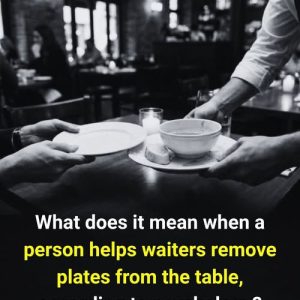Zohran Mamdani, New York City’s newly elected mayor, is set to meet with President Donald Trump on Friday, November 21, 2025, in the Oval Office. For Mamdani, the meeting is not just ceremonial — he sees it as a chance to push his top priorities: affordability, economic security, and public safety. After months of mutual attacks, Mamdani’s team says they reached out to arrange the meeting, hoping to translate campaign promises into real federal partnership.
The contrast between the two leaders is stark. During his campaign, Trump publicly disparaged Mamdani, calling him a “communist” and threatening to withhold federal funds from New York if Mamdani won, while Mamdani sharply criticized the former president’s policies on immigration and other issues. But now, in a surprising shift, both appear willing to talk. Mamdani has said he will make his case for an affordability agenda but will also openly oppose anything that would harm New Yorkers.
At the heart of Mamdani’s message is urgency. He told reporters that the national “crisis of affordability” — rising rent, food prices, and utilities — demands bold action. For him, this meeting is less about ideological theater and more about delivering results for the 8.5 million people who live in New York. Despite their differences, Mamdani argues that some of his goals align with Trump’s rhetoric, making this an opportunity to bridge divides for the sake of policy, not politics.
When the two met, the tone surprised many. According to multiple reports, Trump praised Mamdani after the meeting: “I want him to do a great job,” he said, and added that several of Mamdani’s ideas resonated with his own. Mamdani called the discussion “productive,” saying they talked about housing, crime, and cost-of-living pressures in a way that showed common ground. It was a striking pivot from their earlier public sparring.
Analysts are watching the outcome closely because the stakes are high. New York City relies on billions in federal funding, and if this relationship leads to real collaboration, Mamdani could deliver on key campaign promises like rent control, more affordable housing, and improved basic services. But there’s risk on both sides: leaning too far into cooperation could disappoint parts of Mamdani’s progressive base, while Trump could use any deal to claim a win with left-leaning voters.
Ultimately, the meeting could be a test of whether bipartisan governance is possible in a deeply polarized era. For Mamdani, it’s a chance to show that his administration will put policy over partisanship. For Trump, it may be an opportunity to reshape his relationship with New York — but only if the collaboration proves real, not just symbolic.




